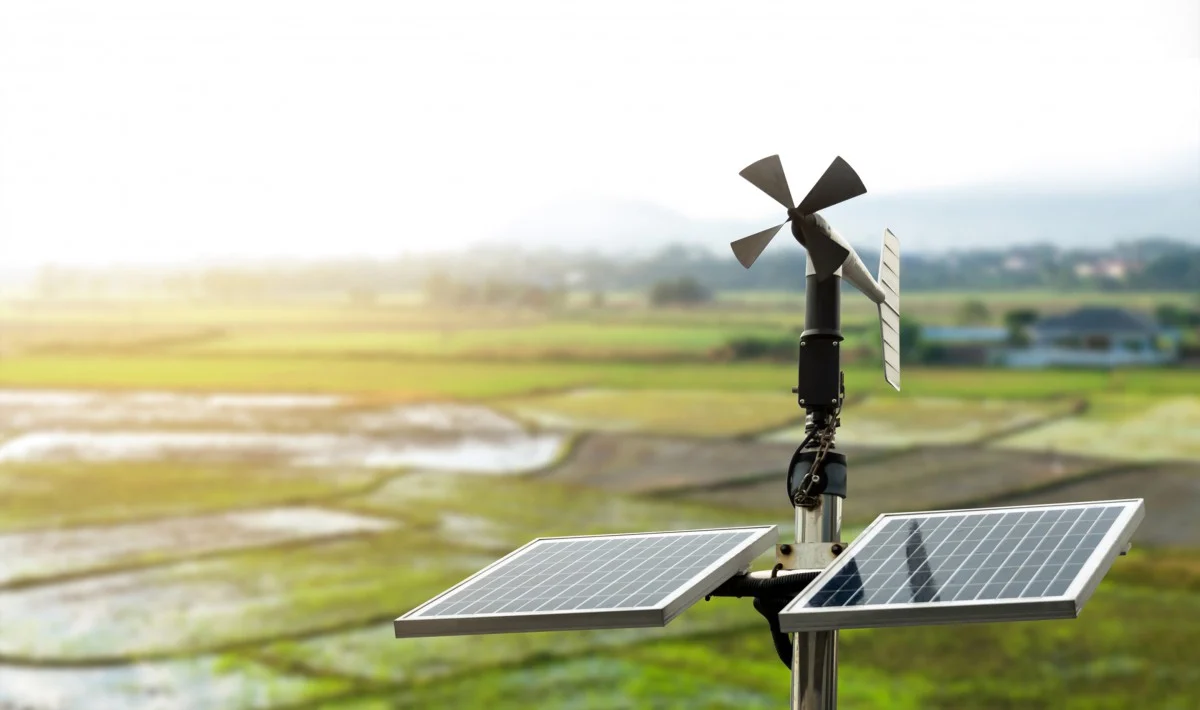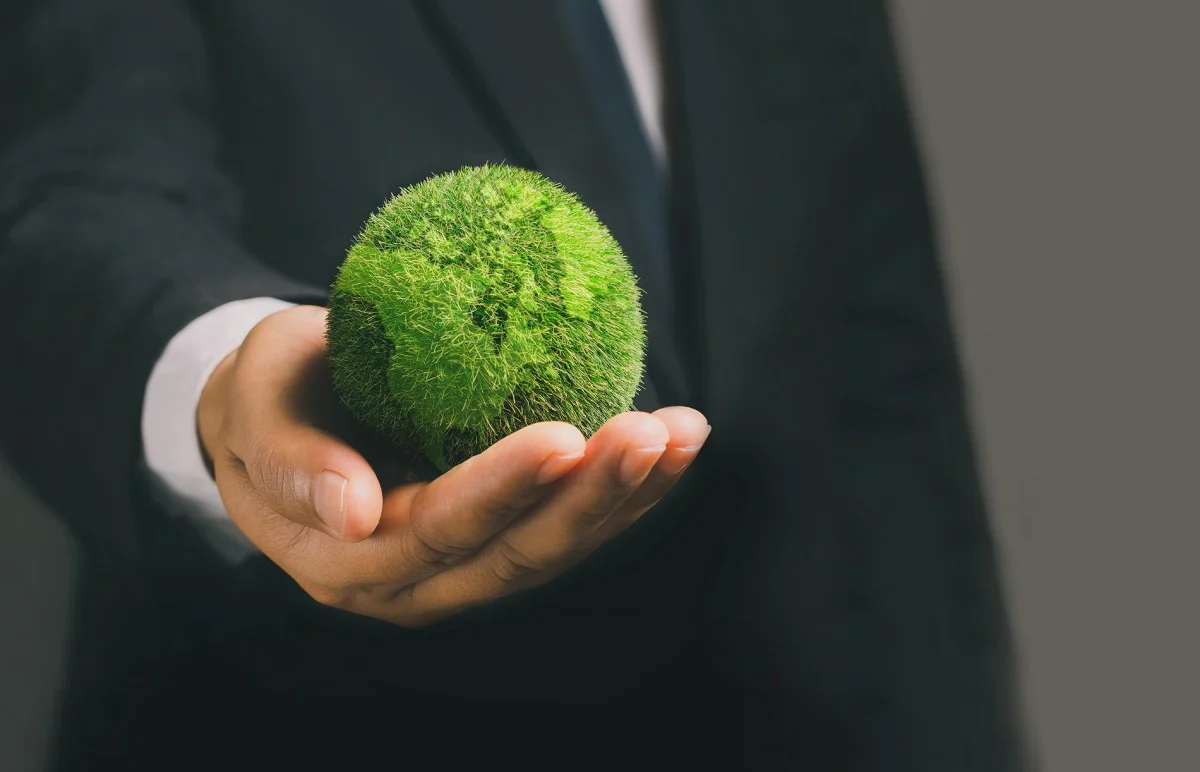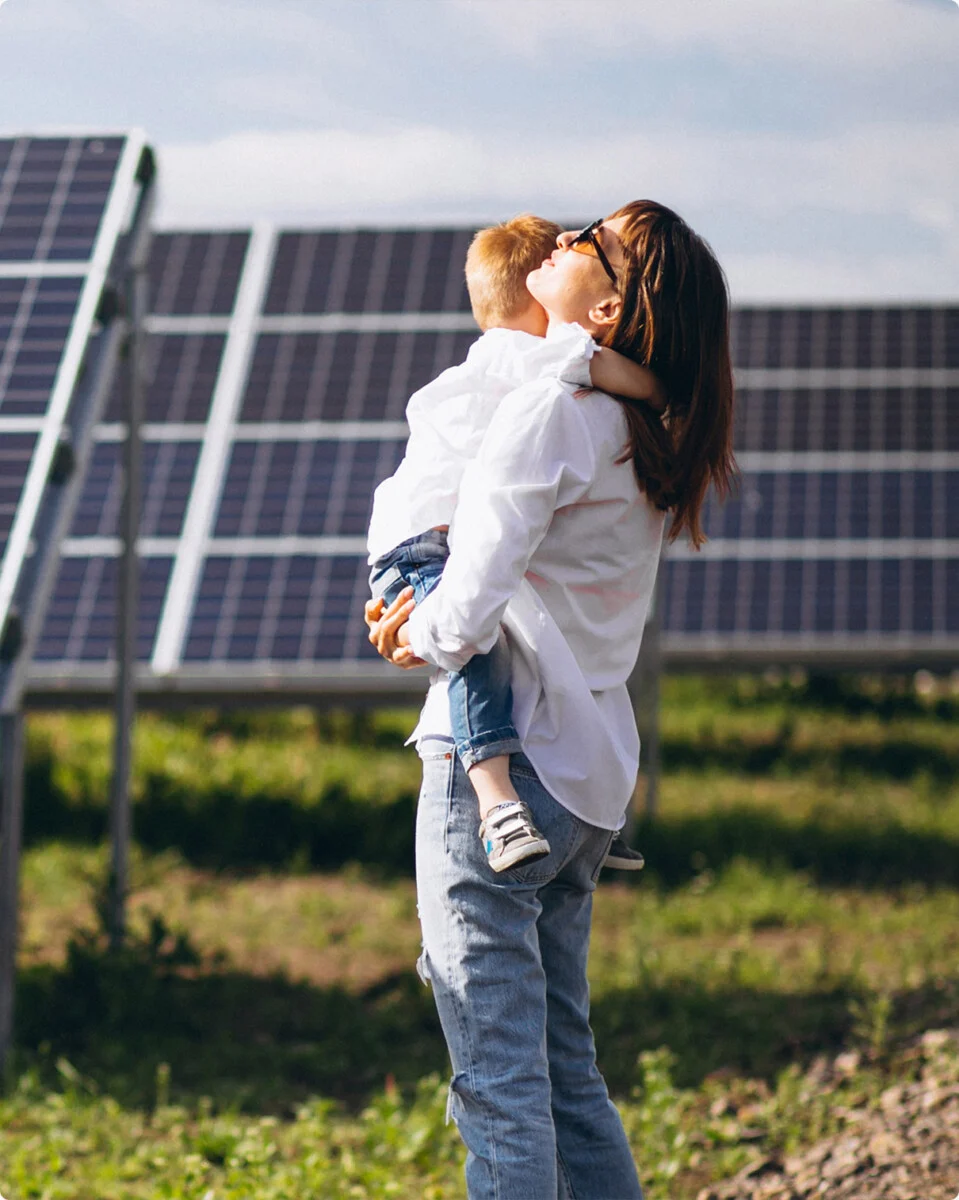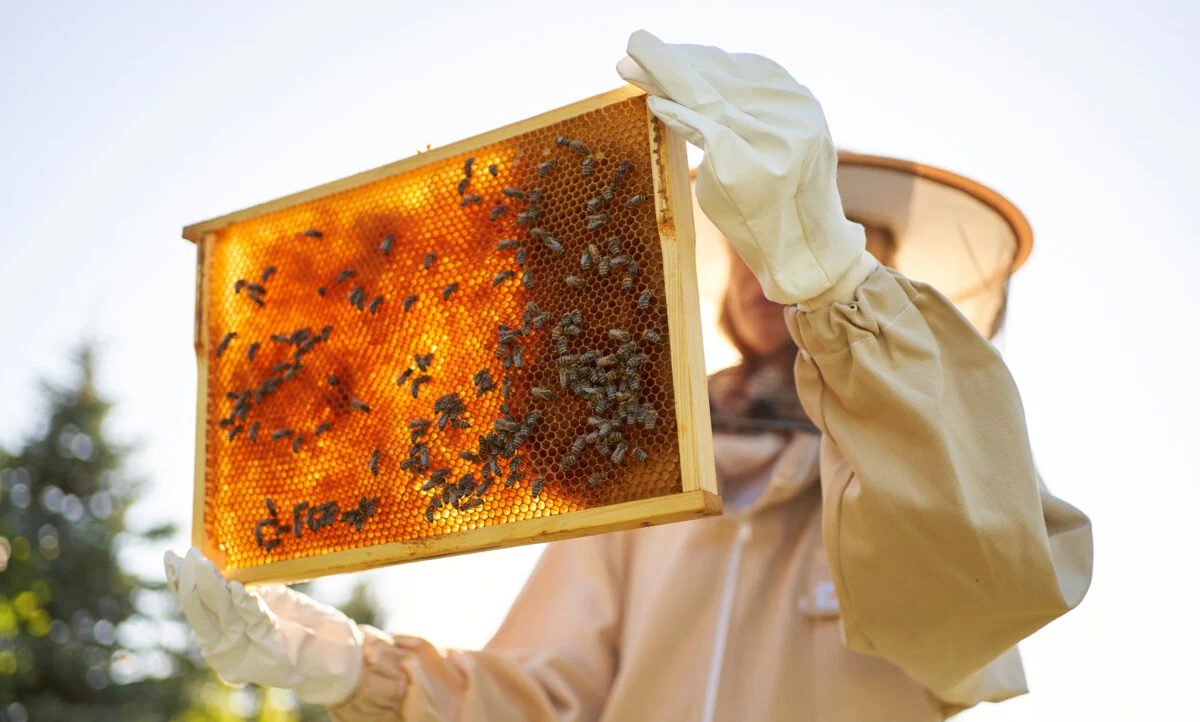Sustainability is the goal.

Unigrà’s commitment to the achievement of the 2030 Agenda for sustainable development.
There is growing evidence about the climate, environmental and social crisis resulting from the current development model: lack of natural resources, extreme weather events, loss of animal and plant biodiversity, deforestation, exploitation of labour in the developing countries…
This pushed the global leaders to put the issues of sustainability and sustainable development at the heart of their political agenda, as well as to implement a significant action: in fact, in September 2015 the 193 UN member States approved the 2030 Agenda for Sustainable Development, organised in 17 goals for Sustainable Development (Sustainable Development Goals – SDGs).
This is a “List of things to do for people and the planet” by 2030 that aims to eradicate poverty, protect the planet and ensure prosperity and peace.
SDGs, together with the European policies on climate changes, constitute the international landmark for sustainable development from an economic, social and environmental point of view.

Since it isn’t possible to achieve a sustainable development without the contribution of the enterprises, Unigrà immediately committed to an effective implementation of this agenda: indeed, the company carried out a materiality analysis, that enabled to identify the SDGs relevant for its stakeholders.

Stakeholders and materiality analysis
Unigrà defined its sustainability goals on the basis of its stakeholders: employees, suppliers, customers, users, local communities, national and international institutions, non-profit organisations, media and social networks, financial institutes. These stakeholders were involved, by means of a communication process, in the materiality analysis in order to identify the common and most relevant themes for the entire community of stakeholders (both inside and outside the company).
This activity allowed to identify 16 themes:
-
Integrity & ethics
-
Corporate reputation
-
Environmental compliance
-
Climate and energy
-
Waste and scrap management
-
Traceability and transparency
-
Economic performance
-
Food safety
-
Health
-
Certifications
-
Product quality
-
Selected raw materials
-
Occupational health and safety
-
Equal opportunities
-
Incentives
-
Professional development

Economic Sustainability
In the SDGs era, all enterprises (on a global scale) must engage and contribute in the achievement of sustainable development.
How? By creating responsible business models, as well as through innovation, technological development and collaboration between stakeholders. Unigrà is actively working on SDGs 8, 9 and 17.
Environmental Sustainability
Environmental sustainability is an integral part of Unigrà’s corporate strategy, based on the duty to conduct the business while respecting the environmental balance.
Environmental Sustainability
Environmental sustainability is an integral part of Unigrà’s corporate strategy, based on the duty to conduct the business while respecting the environmental balance.

Social Sustainability
Sustainable development policies must take account of the social dimension, that is an essential condition to achieve a sustainable, socially inclusive and environmentally responsible economic growth.

Our efforts for territory and environment.
1 Basket Ravenna
‘Basket Ravenna’ sponsorship with OraSì.
2 Adoption of 50,000 bees
In 2020 Unigrà (through the brand OraSì) was involved in the project ‘Bee my future’ by Life Gate, supporting the raising of 19 hives selected by the APAM (Beekeepers Association of the Province of Milan). The initiative entailed the purchase of swarms and the required equipment, the technical support to the beekeepers, the check and monitoring of the activities and their conditions.
3 Car-pooling parking spaces
In 2019 Unigrà was involved in the project “Online Social Responsibility”, supporting sustainable mobility with a strong participation of its employees to car-pooling (home-work travel with shared cars). Moreover, the company arranged some dedicated car-pooling parking spaces nearby the facility entrance.
4 ‘Unica’, Professional training school
An institute designed to offer highly specialised courses on pastry, bakery, chocolate, gelato and cooking. The teaching staff is composed of excellent masters, ready to teach how to learn the most innovative techniques and interpret the latest market trends. The premises of Unica, with an area of more than 1,200 m2, include three classrooms, designed and realised to ensure an effective learning.
5 ‘Walking Wagon’ Project:
In 2020-2021, Unigrà (through the brand OraSì), was involved in a project run by the Kilowatt cooperative of Bologna, contributing to the purchase of a “walking wagon” to bring children (0 to 6 years) to discover the city and the nature. This is an outdoor education experimental project that the cooperative runs from 2014 at the ‘Serre dei Giardini Margherita’, a botanical area where different innovative and inclusive activities are carried out in the heart of the city of Bologna.
